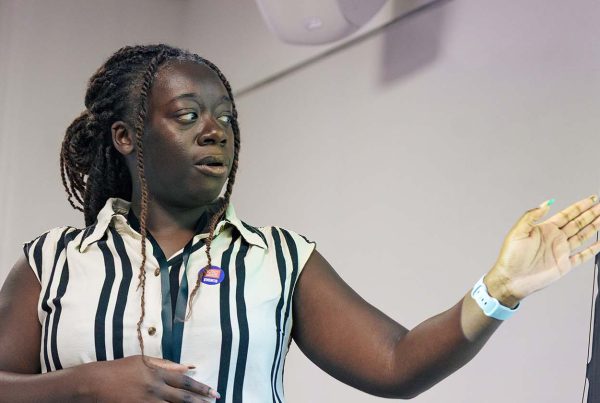In the ever-evolving landscape of international development, recent shifts in USAID funding and broader changes in global donor priorities have underscored the critical need for strong, adaptable leadership. For boards and executive teams, these moments of uncertainty are not just challenges to endure but opportunities to lead with clarity, resilience, and strategic foresight.
At Oxford HR, we work closely with leadership teams navigating these complex dynamics. Drawing on our experience and lessons from organizations that have thrived amid disruption, here are practical tools that boards and executives can deploy to manage uncertainty effectively.
1. Scenario Planning for Strategic Agility
Scenario planning is more than a crisis response tool; it’s a proactive strategy that helps organizations anticipate potential futures and prepare for them. Boards and executives should:
- Develop Multiple Scenarios: Outline best-case, worst-case, and most likely scenarios based on current funding trends and geopolitical shifts.
- Stress-Test Strategies: Evaluate how existing strategies perform under different scenarios, identifying vulnerabilities and opportunities.
- Review Regularly: Make scenario planning a dynamic process, revisiting assumptions as new data emerges.
This approach fosters agility, enabling leaders to pivot quickly without losing sight of long-term goals.
2. Strengthening Governance Resilience
Effective governance is a stabilizing force during times of change. Boards should:
- Clarify Roles and Responsibilities: Ensure there’s a clear understanding of governance versus management roles, particularly in crisis situations.
- Diversify Board Composition: Bring in members with diverse expertise, including risk management, fundraising, and global operations, to broaden strategic perspectives.
- Conduct Regular Board Effectiveness Reviews: Assess how well the board is functioning, especially in decision-making and strategic oversight.
Strong governance structures not only guide organizations through turbulence but also position them for future growth.
3. Financial Foresight and Resource Diversification
Financial stability is often the first concern during funding disruptions. Boards and executives can:
- Implement Rolling Forecasts: Move beyond static annual budgets to rolling financial forecasts that adjust to changing conditions.
- Diversify Revenue Streams: Explore alternative funding sources, including private philanthropy, corporate partnerships, and social enterprises.
- Build Financial Reserves: Prioritize reserve-building during stable periods to create a buffer for lean times.
These financial strategies reduce vulnerability to sudden funding shifts and support sustainable operations.
4. Leadership Development and Succession Planning
Uncertainty often exposes gaps in leadership pipelines. To mitigate risks:
- Invest in Leadership Development: Provide training in adaptive leadership, crisis management, and change leadership for current and emerging leaders.
- Establish Clear Succession Plans: Identify potential successors for key roles and create development plans to prepare them for future leadership.
- Foster a Leadership Culture: Encourage a culture where leadership is distributed across the organization, not concentrated at the top.
Resilient organizations are those where leadership is a shared responsibility, embedded at all levels.
5. Stakeholder Engagement and Transparent Communication
Maintaining trust with stakeholders—staff, donors, partners, and communities—is crucial during periods of change. Best practices include:
- Regular, Transparent Updates: Keep stakeholders informed about challenges, decisions, and the rationale behind them.
- Feedback Mechanisms: Create channels for stakeholders to voice concerns and contribute ideas.
- Strategic Advocacy: For organizations affected by policy changes, engage in advocacy efforts to influence funding decisions and policies.
Transparent communication builds credibility and fosters a sense of shared purpose, even in difficult times.
How Oxford HR Can Support
At Oxford HR, we understand the complexities of leading through uncertainty. We offer:
- Board Advisory Services: Helping boards strengthen governance, enhance strategic oversight, and build resilience.
- Executive Coaching: Supporting leaders in developing the skills needed to manage complexity and drive change.
- Succession Planning and Talent Strategy: Ensuring organizations have the leadership depth to navigate future challenges.
Navigating Forward
Uncertainty is an inevitable part of the global development landscape. However, with the right tools, boards and executives can turn uncertainty into an opportunity for growth and innovation. By investing in strategic foresight, governance resilience, and adaptive leadership, organizations can not only survive but thrive in the face of change.
If your organization is looking to strengthen its leadership and governance strategies, we’d welcome a conversation about how we can support you.



